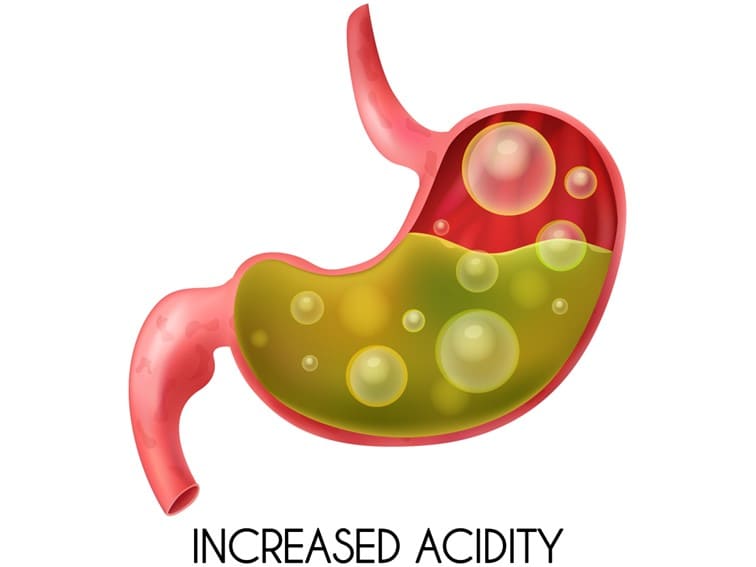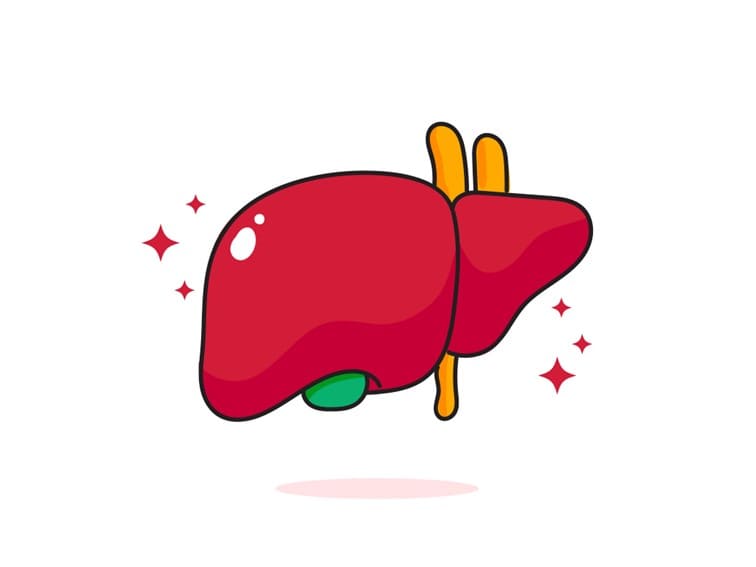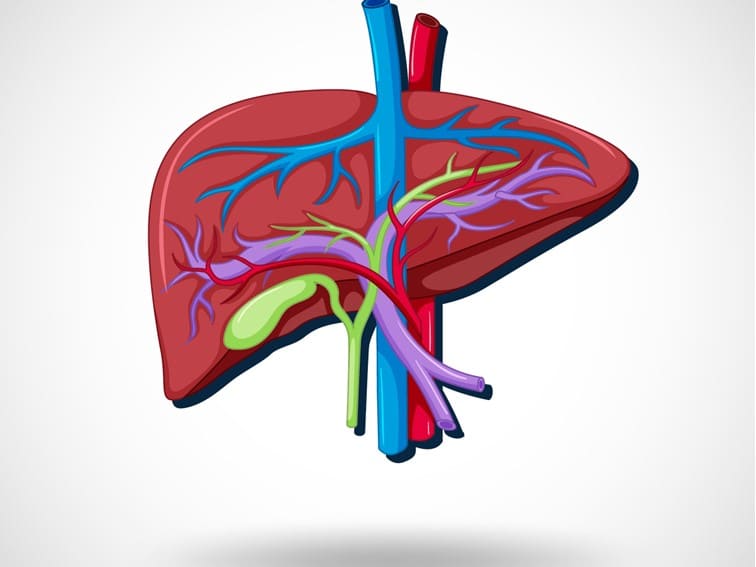Causes of esophageal varices: Veins in the esophagus enlarge and become abnormal. This occurs when the blood flow to the liver is blocked by a scar or blood clot in the liver. To compensate this blockage large volumes of blood flows through smaller blood vessels. This condition is most common in people with serious liver disease.
Esophageal varices cause bleeding: There is a risk of these blood vessels leaking or even rupturing – causing life-threatening bleeding.
A number of drugs and medical procedures can help prevent or stop bleeding from esophageal varices.
Signs and symptoms of esophageal varices
A gastroenterologist may suspect esophageal varices if he or she notices the signs and symptoms of liver disease including:
- Easy bruising or bleeding
- Jaundice (yellowish eyes and skin)
- Ascites – fluid buildup in the abdomen
Signs and symptoms don’t manifest with esophageal varices unless they bleed. However, bleeding esophageal varices cause the following signs and symptoms:
- Bloody, black or tarry stools
- Vomiting blood
- Lightheadedness
- Loss of consciousness if there is severe bleeding
What are the causes of esophageal varices?
When there is a blockage of blood flow to the liver due to scar tissue, esophageal varices form. When this happens, blood begins to back up in the portal vein (large vein) increasing pressure (portal hypertension). The increased pressure forces the blood to sneak through smaller veins – especially the veins in the lower part of the esophagus. These small veins swell, rupture and bleed.
Causes of esophageal varices
Thrombosis or blood clot in the portal vein or splenic vein that feeds portal vein can cause esophageal varices.
Liver cirrhosis or scarring of liver due to a large number of liver diseases – such as fatty liver disease, alcoholic liver disease, hepatitis infection and primary biliary cirrhosis – can lead to liver cirrhosis.
Schistosomiasis is a parasitic infection common in Africa, East Asia and Middle East. It can damage the lungs, liver and intestines and other organs.
What are the risk factors for esophageal varices?
Esophageal varices will bleed if you have:
- Severe liver cirrhosis
- Large varices – These varices are at increased risk of bleeding
- Portal hypertension – when pressure in the portal vien increases, the risk of bleeding increases.
- Continued alcohol use with severe liver disease
What should you do if you have liver disease?
If you have been diagnosed with liver disease, then quit smoking if you smoke and don’t drink alcohol. Lose weight if you have excess body weight and eat a healthy and balanced diet. Be careful with chemicals use. Follow all precautions and instructions if you use any cleaning agents, insect sprays and other household chemicals. Protect yourself from getting exposed to hepatitis A, B and C viruses.
If you want to know more about the causes of esophageal varices, and the most appropriate treatment of esophageal varices, meet Dr. Datta Ram U.





